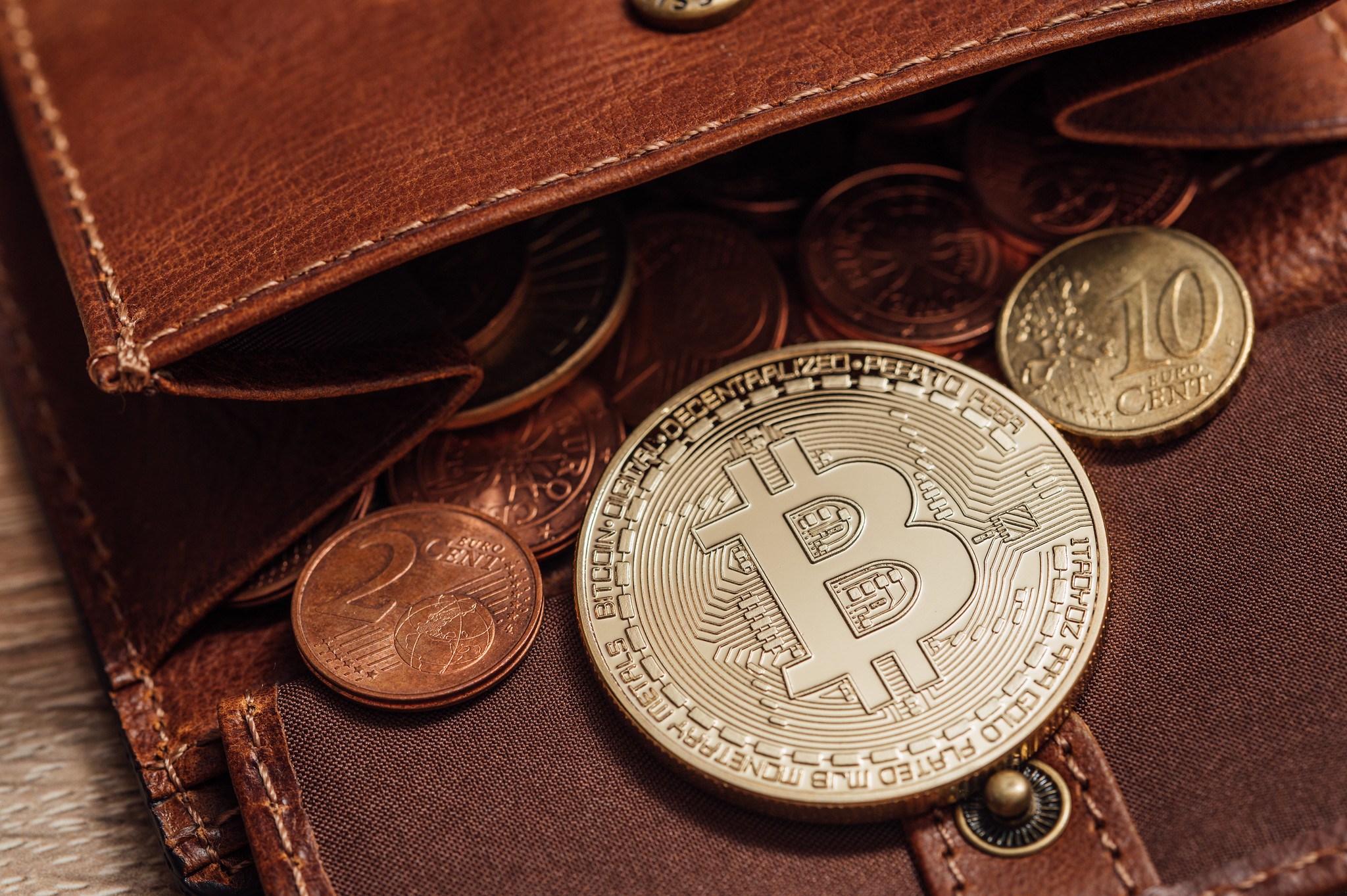
Macro analyst Luke Gromen has pushed back against critics who dismiss Bitcoin for lacking native yield, describing such criticism as an example of ‘Western financial privilege.’
Bitcoin’s value as a store of value
Gromen, speaking on the Coin Stories podcast with Natalie Brunell, argued that the absence of yield is what makes Bitcoin a safer store of value. He stated:
“If you’re earning a yield, you are taking a risk. Anyone who says that is showing their Western financial privilege.”
He referenced the collapse of FTX in November 2022 as a case where promised yield led to significant losses, highlighting that yield is always tied to risk.
Gromen also explained that bank deposits earn yield because depositors are taking on risk, and that money held in banks is, in reality, owned by the bank, not the depositor.
Yield debate: Bitcoin versus Ether
The discussion comes amid ongoing comparisons between Bitcoin and Ether, with some investors viewing Ethereum’s proof-of-stake model—and its staking rewards—as more attractive for traditional portfolios.
Ether holders can earn rewards for staking, similar to how banks pay interest for deposits.
As of now, publicly listed treasury companies hold about 4.13% of all ETH, valued at roughly $23 billion.
Bitcoin’s appeal to investors
While Bitcoin is not designed for yield, it remains a preferred store of value and hedge against inflation and government control.
Public Bitcoin treasuries currently hold approximately $119.65 billion.
Despite the lack of native staking, some platforms allow users to earn yield on their bitcoin through centralized lending or tokenized products, though these carry additional risks.
Yield comes with risk
Gromen’s comments underscore that the pursuit of yield—whether through banks, staking, or lending platforms—always involves risk, reinforcing Bitcoin’s appeal as a non-yielding, risk-off asset in uncertain economic times.



